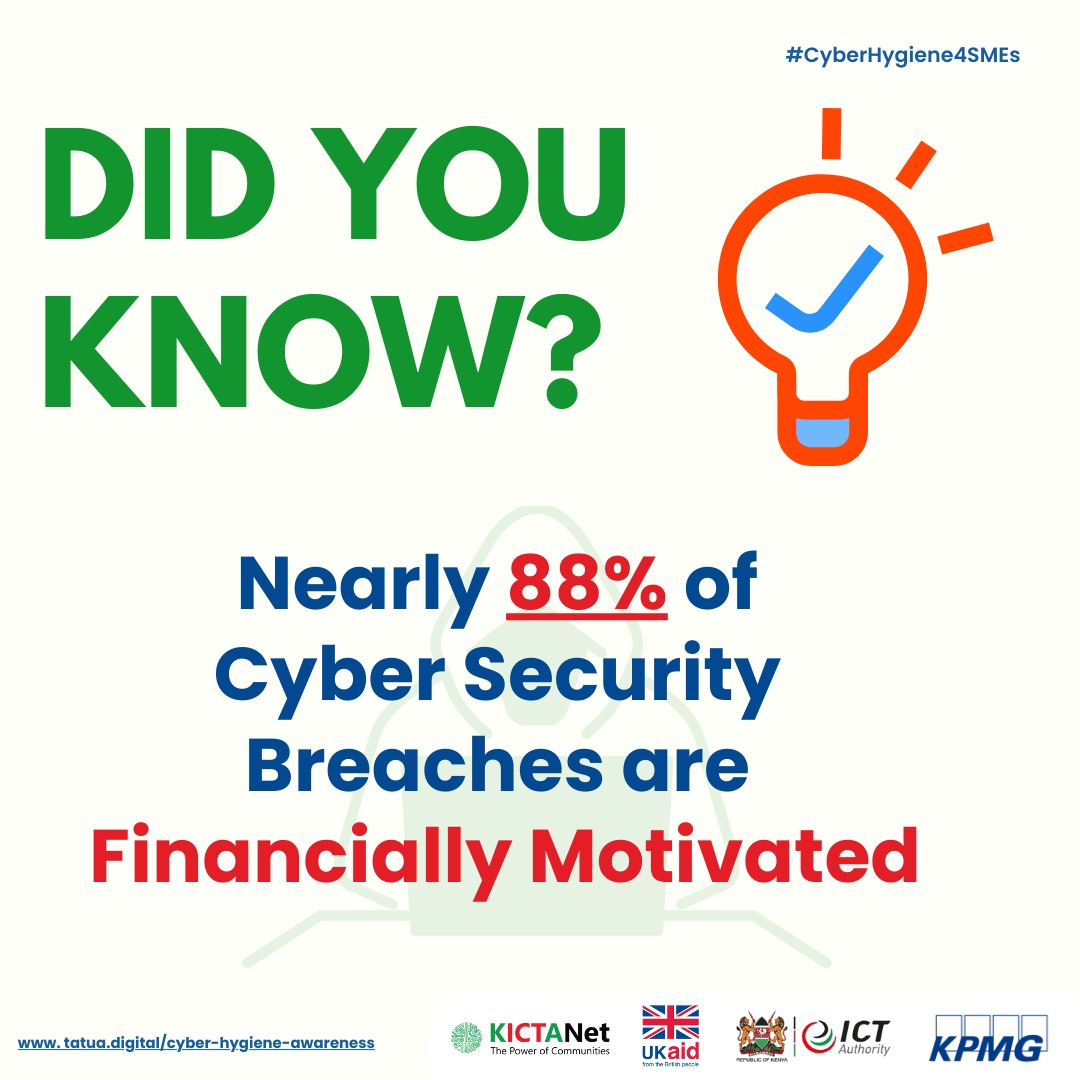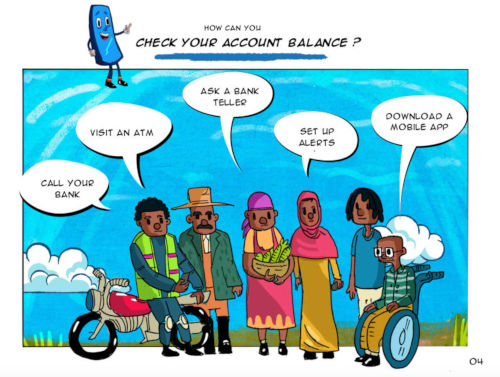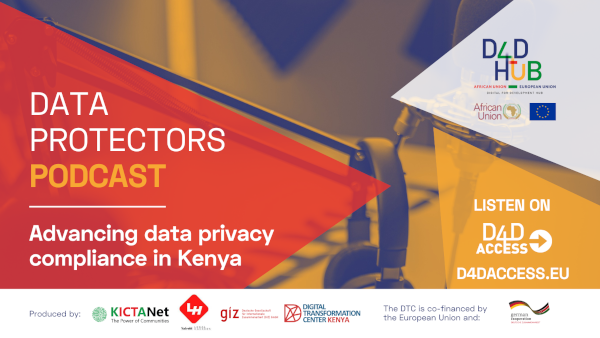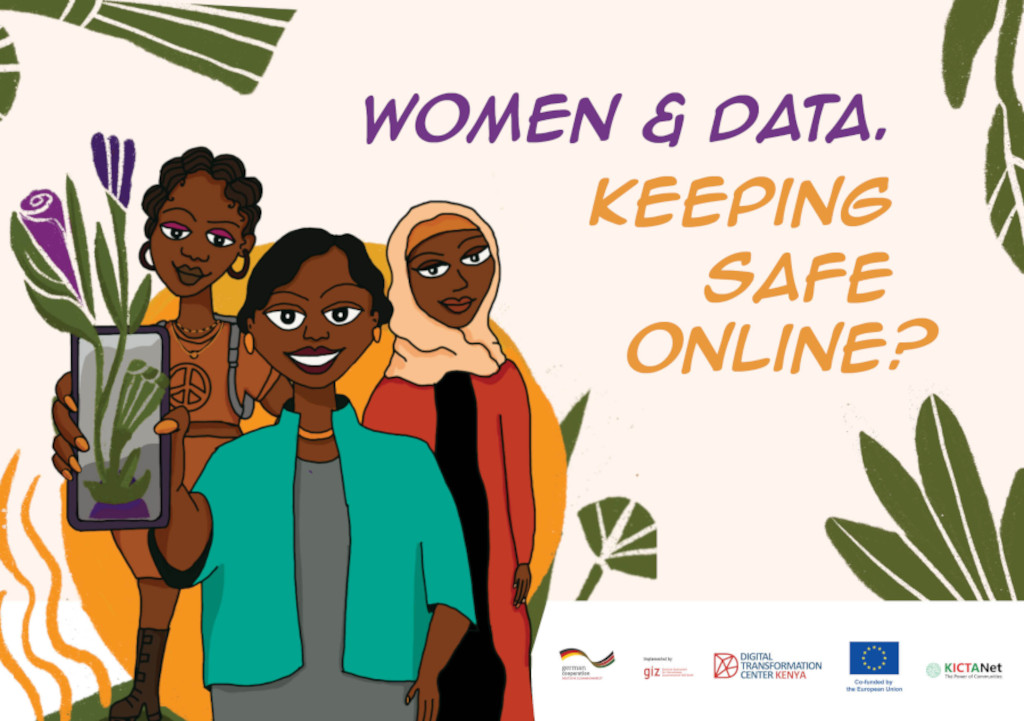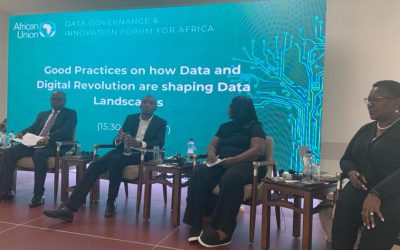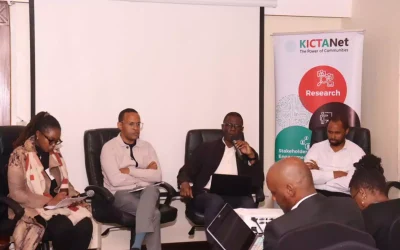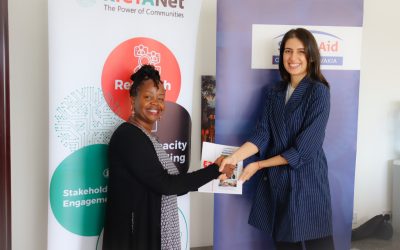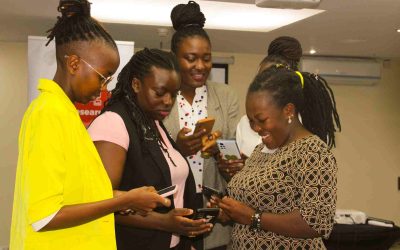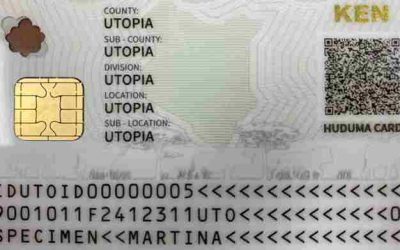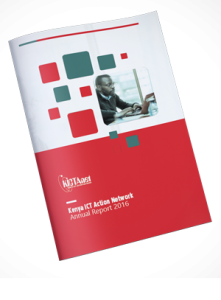KICTANET POST : Latest news, events & opportunities
Navigating the Digital Frontier: KICTANet’s Insights and Recommendations for African Media at the AU Special Technical Committee on ICT
In a dynamic discussion at the African Union Special Technical Committee (STC) on ICT in Addis Ababa, Ethiopia, KICTANet along with partners UNESCO and GIZ, delved into the challenges and opportunities facing African media in the wake of COVID-19 and the digital...
How Online Gender-Based Violence Threatens Kenya’s Vulnerable Groups
A study on online gender-based violence in Kenya, its nature, prevalence, impact, and legal framework.
![]()
AI in Kenya: Opportunities, Challenges, and Priorities
Learn about the key insights and recommendations from the policy discussion on artificial intelligence (AI) in Kenya, hosted by KICTANet on November 16, 2023. The discussion featured experts and stakeholders from the government, private sector, civil society, and academia who shared their perspectives on the benefits, challenges, and priorities of AI in the country.
![]()
Key Note: AI in Kenya: Opportunities, Challenges and Policy Actions
I am pleased and honoured to join you today to officially open this important discussion on “policy discussion on Artificial Intelligence (AI) in Kenya”. First, allow me to thank KICTAnet for partnering with Meta to organize this discussion and to the participants...
KICTANet and Slovakia Sign ICT Partnership
KICTANet has signed a partnership agreement with the Slovak Agency for International Development Cooperation in collaboration with the Embassy of the Slovak Republic in Nairobi. The partnership aims to encourage synergies for ICT policy-related activities and...
Understanding Maisha Namba: Kenya’s New Digital Identity System
Maisha Namba is a project that aims to provide every Kenyan citizen with a unique personal identification number, a smart card, a digital ID, and a centralised population register. Learn more about the benefits and challenges of this ambitious initiative.
![]()
How to enhance collaboration and communication in project implementation
This article explores the challenges and opportunities of collaborative project implementation in Kenya and how transparent communication and stakeholder engagement can foster sustainable solutions. It also shares the insights and recommendations from KICTANet and PROTECT-Kenya.
![]()
Fighting Gendered Disinformation & Hate Speech: The Gaps to Address
Gendered disinformation is targeted at individuals based on their gender or exploits gendered narratives for political, social, or economic gain. Disinformation refers to the deliberate creation of false information with the intent of harming an individual, social...
Essential Measures Needed Before Maisha Namba Roll-out
Civil society has raised core concerns about the risks of Maisha Namba, which remain unaddressed. President William Ruto announced that Kenyans will be issued new digital identification cards, known as Maisha Namba, in December 2023. The digital ID will use iris and...
KICTANet is a multi-stakeholder Think Tank for ICT policy and regulation. The Think Tank is a catalyst for reform in the Information and Communication Technology sector. Its work is guided by four pillars of Policy Advocacy, Capacity Building, Research, and Stakeholder Engagement.
KICTANet’s mission is to promote an enabling environment in the ICT sector that is robust, open, accessible, and rights-based through multistakeholder approaches.
During the 2022 – 2024 strategic period, KICTANet has prioritised the promotion of effective multistakeholder participation; an enabling legal, policy and regulatory environment; building capacities and empowered communities; and institutional strengthening. KICTANet’s guiding philosophy encourages synergies in ICT policy-related activities and initiatives. As such, the network provides mechanisms and a framework for continuing cooperation, engagement and collaboration in ICT matters among industry, technical community, academia, media, development partners, civil society and government.
_____
Strategic Priority.
- Convening power. To strengthen and promote engagement, collaboration and relationships with relevant stakeholders (state, business and non-state actors).
- Promoting an enabling environment. To catalyse policy, legislative and regulatory reforms in the ICT sector.
- Building capacities and empowered communities. To build the capacity of the stakeholders across government, business society and civil society and the citizens.
- Institutional strengthening.
The report outlines the work undertaken in between 2007 and 2016 which is underpinned by crowd sourcing and community engagement
Click here to download the report
FACTS AND FIGURES
Achievement of the Network over the Years
Publications
Thought Leadership Forums
Persons trained
Policy Interventions
Conversations in KICTANET listserv
Active listers contributing often
Different conversation threads
Impressions on ICT policy discussions
Our Pillars
KICTANet’s organisational strategy:
Policy Advocacy
Capacity building
Research
Stakeholder engagement
We facilitate stakeholder engagement through collaborative initiatives in face-to-face Town Hall meetings, and in the KICTANet?s interactive mailing list where multiple stakeholders engage regularly on ICT policy issues.


